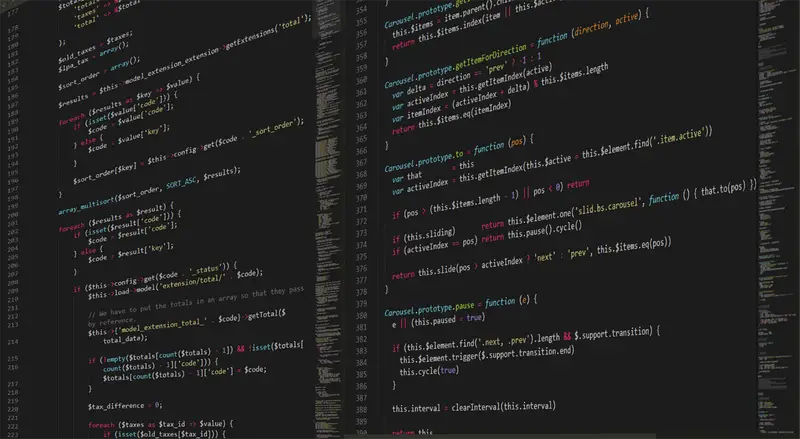Demand for full stack developers is on the rise. As a full-stack developer, you’re expected to know about the front-end technology, the back-end technology, and everything important in between. You should know the most in-demand programming languages, and be comfortable with everything from databases to user interfaces.
Is it realistic to expect someone to be great at everything? Many developers will tell you no, and just as many will tell you yes. In all honestly, mistakes happen, especially when you’re juggling so much new technology and practices. However, there are some best practices developers should know that will help them maintain high-quality code no matter the project. These 7 tips will get you one step closer to being a full-stack developer.

1. Take Design and Architecture Seriously
No matter how large or small a project is, you need to spend time on design and architecture. Just like construction, you don’t just start building. You invest time in designing the layout, wiring, pipes etc. Architecture has to do with how data flows, the different system components etc. Thoughtful design of your architecture can positively impact performance, scalability and flexibility of your application. Good design can be a huge timesaver in development.
Before beginning a new project, always decide on a clear architecture and design structure. Is this something you can easily stick to? How can you make it as easy as possible to hand your code to the next developer?
2. Test Development
Testing driven development is the best way to notice flaws early in the process before it’s too late to change it. Writing tests will make you not only more confident in your own code, but it helps you learn how to use your code as its own third-party library.
In test-driven development, you first write the tests and watch them fail. Then, you’ll develop the minimum code to pass the test, and you can continue until you’ve found a solution that works. This results in less codes and way less headaches.
3. Review
No single develop is perfect. We all make mistakes which is why you need to review your own code and have others review it for you. When you’re too close to your own project, it’s hard to see errors for yourself. You’ve gone blind to them, so to speak.
Every time you finish a task, review your code. Then, review someone else’s code. Listen to the feedback from your team, and look for areas you continually make mistakes. You and your team can benefit from learning from each other, and your quality will continue to improve.

4. Front-End Technology
As mentioned before, full-stack developers should have a grasp on both front-end tech and back-end tech. That being said, front-end technology is more important than ever today. When it comes to applications and websites, it’s all about the user experience. This is becoming top-level criteria for the success of any product, and that means learning more about basic front-end technology like HTML5, JavaScript, and CSS3.
5. Rules of Semantics
When you’re writing code over and over, it’s easy to cut corners. You need to monitor what you write to make sure you’re choosing names, functions, and variables that are easy to understand. Everyone wants to write beautiful code, and this means it needs to be readable. Keeping every separate part of a function isolated within its own function makes it all much easier to maintain, easier to test, and easier to pass along to the next developer.
6. Database and Cache
Databases are needed in any project to store data. Full-stack developers know how to interact with databases like MySQL, Oracle, and so on. You’ll need to store important information and know which database to use at which time. For internet products, MongoDB is the most commonly used document-based system today. For large projects, MySQL and Oracle usually store the back-end. Click here to learn how to tail all of your log files simultaneously in your system.
7. Development Frameworks
Today, most popular development languages come with a framework like JAVA Spring, MyBatis, Python Django, and more. The more you understand this framework, the more successful your code will be. Keep learning and don’t stop challenging yourself to experiment when appropriate. You can utilize online resources to gather more experience with these frameworks such as AngularClass.
Mastering all development knowledge is no small feat. This is why there’s still much debate about whether or not a developer can even be considered full-stack. You shouldn’t expect to master all these different technologies overnight. Start with the foundations, and strengthen your skills over time. Make sure you take these tips above seriously because they’re what separates the pros from the amateurs.
